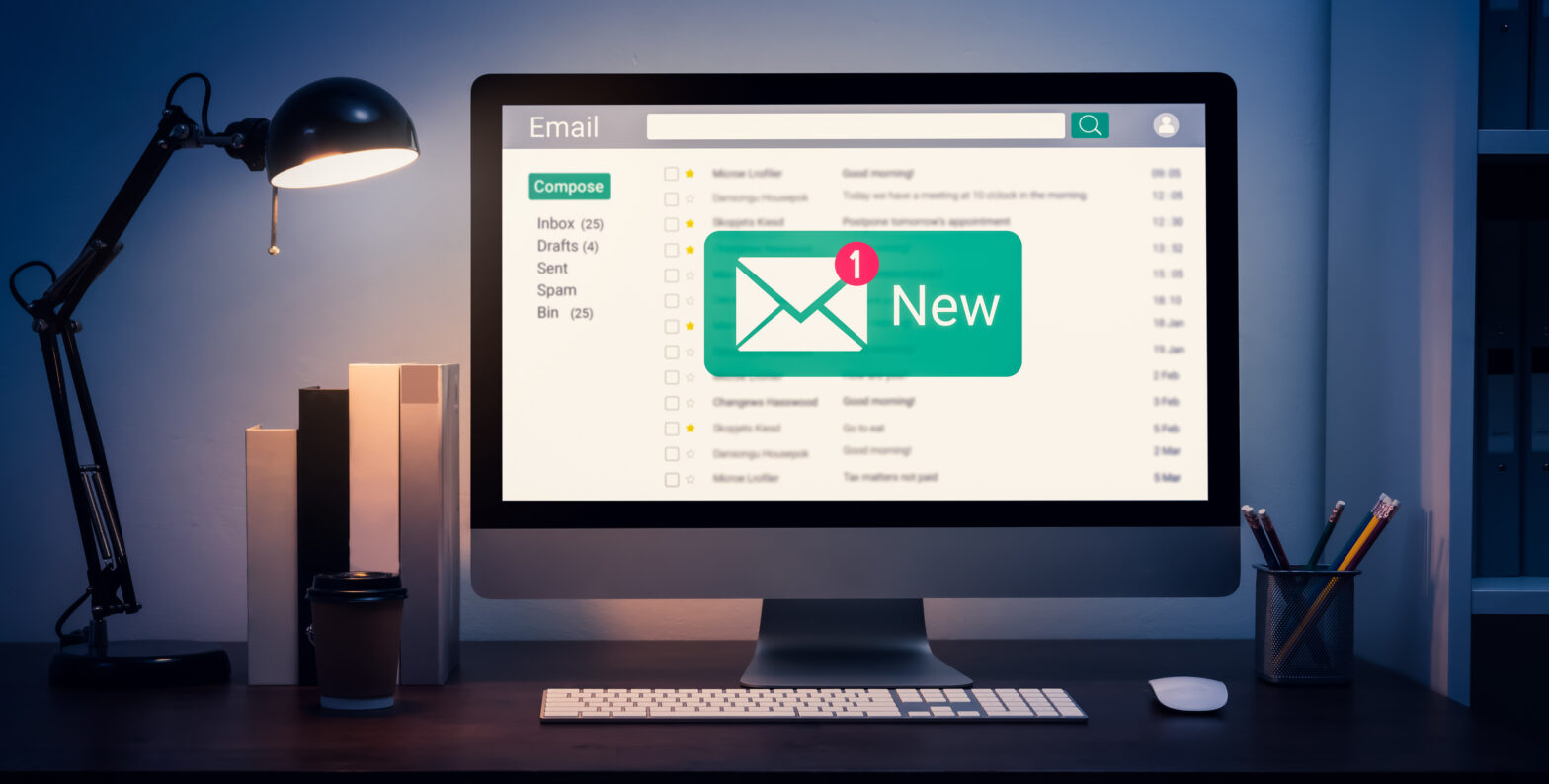Networking events are a great opportunity to get to meet new people, forge new business relationships and, ideally, develop your client base. With expanded horizons, sales of products and services are more likely to grow organically. If you have decided to host or attend a networking event, it is important to define the objectives and prepare well.
Firstly, if you are responsible for selecting the event location, it is essential to choose the venue wisely. Key factors include parking, transport links, space, staffing, support, power supplies, seating, catering and refreshments. To some extent, your choice of venue will depend on precisely what you want to achieve. Are you going to be highlighting a product, demonstrating your organisation’s leadership in the sector or aiming to get sales leads?
In addition, invitations, flyers or leaflet design and posters should be prepared well in advance. Will messages be on paper, electronic or both? Sometimes, potential attendees respond particularly favourably to physical, printed invitations – instead of just another email in their inbox. To make the most of this idea, the online printing service HelloPrint offers specialist experience in business event stationery and printing, with all the convenience of direct service. At least one month in advance, order any necessary supplies, confirm attendee numbers and ensure speakers are preparing.
Closer to the day itself, do remember to check you have more business cards than you think you will need. If you are running short, why not stock up in advance? Having your cards ready at the right time creates a favourable, organised impression. To complete your preparations, you may wish to review some tips from expert business coaches at forbes.com, with their ideas for growing business networks and reaching out to new clients.
Just before the networking event, your last-minute checklist might include some or all of the following:
- A list of requirements or reminders for the venue staff
- Advertising posters and stationery
- Business cards: take up to twenty or thirty per day
- Freebies or novel small gift ideas for leads and new clients
- A pen (and a spare!), along with a backup notepad
- Fresh mints or similar, always useful for those after-lunch moments
- Small flyers (perhaps). Any information you take needs to be light in weight. Avoid magazines or brochures; people do not want to be weighed down when they are on their feet most of the day.
Research the guest list whenever possible. It may be worth looking at work-related profiles to see who is of interest and to glean some useful ideas that could help initiate conversations. Be prepared to break the ice, perhaps with a friendly hello and a comment about the journey, the speaker’s message or even the food. Be as friendly and as approachable as possible – one particularly useful point to remember is that other attendees will probably also be looking for a friendly face to talk to. Have your elevator pitch ready – a thirty-second spontaneous, personalised (and not robotic) introduction in which authenticity is key. When you collect other attendees’ business cards, make notes on the reverse.
So there you have it: what to prepare and some ideas for the day itself. So that things go smoothly, check through the above points as you get ready for your networking event. Once there, be consistent, organised and professional; know what your company has to offer clients. Have your questions ready and be prepared to listen actively to the answers too, as you glean information. In busy work-filled days, it may not always be possible to see everyone in the time available, so reach out in the right places and wait for some of the ideas to come your way, too.
See also: List of small business associations and networking groups





